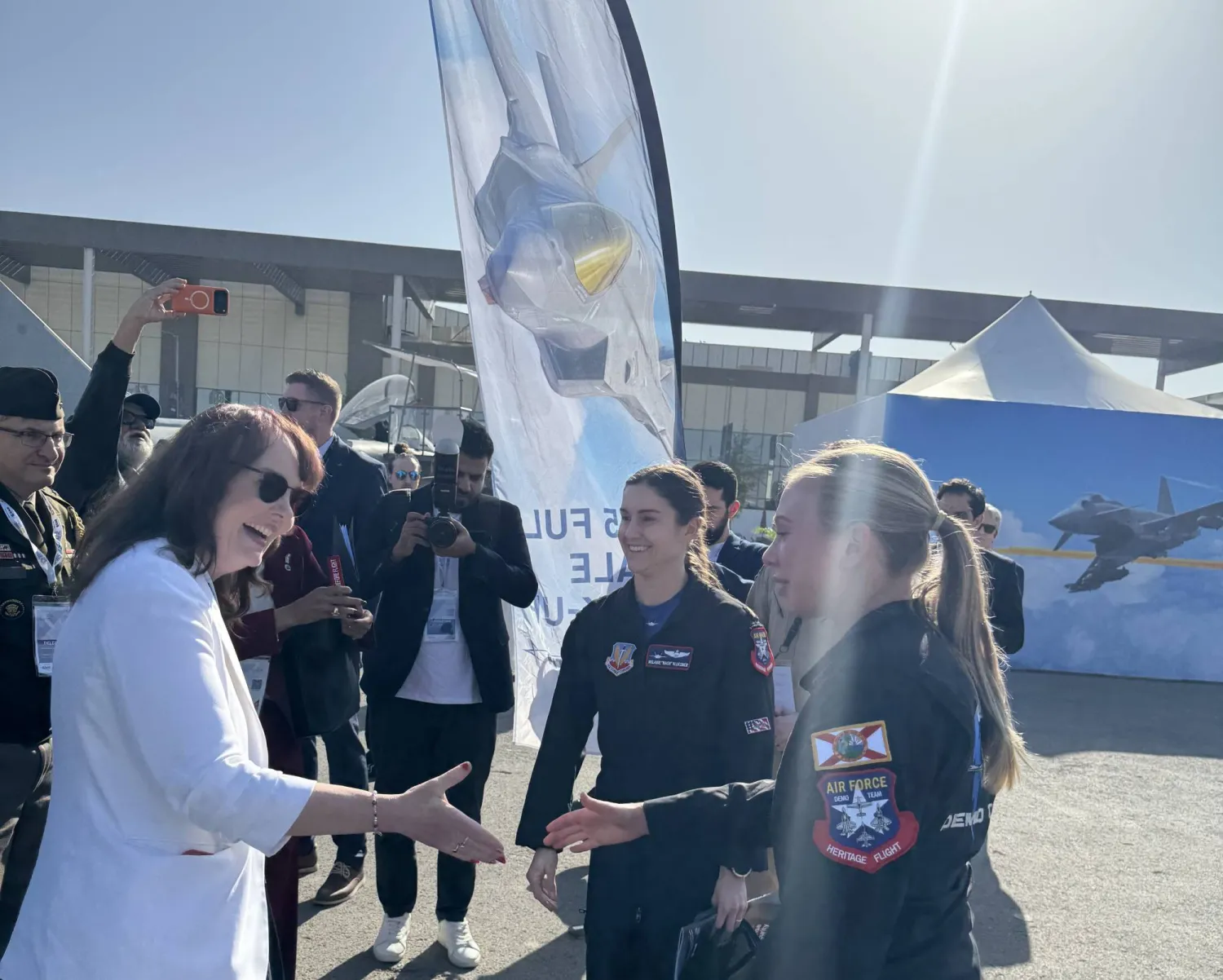Sheikh Meshal al-Ahmad Al Jaber Al Sabah was sworn in on Wednesday as Kuwait’s new emir.
In an address at the ceremony at the National Assembly, he declared: “As a political leadership, we must be close to everyone. We must listen and see and follow up on developments.”
He stressed “the importance of follow-up, responsible oversight, and objective accountability within the framework of the constitution and the law for negligence, dereliction and tampering with the interests of citizens.”
He vowed to preserve national unity and combat “all forms of corruption.”
Sheikh Meshal added: “We have not seen any correction of the course. The legislative and executive authorities have conspired to harm the interests of the country and citizens.”
The Emir said it was “necessary to review our current reality, especially in terms of security, the economy and living conditions.”
Moreover, he declared that Kuwait will maintain its Gulf, regional and international commitments.
Sheikh Meshal succeeded Emir Sheikh Nawaf al-Ahmad Al Jaber Al Sabah, whose death at 86 was announced on Saturday.
The cabinet submitted its resignation to Sheikh Meshal shortly after he was sworn in, state news agency KUNA reported.
Prime Minister Sheikh Ahmad Nawaf Al-Ahmad Al-Sabah, the late emir's son, handed the resignation to Sheikh Meshal, it added.
The cabinet, however, will continue as a caretaker government until a new one is formed.
Rumors have circulated that the caretaker government led by Sheikh Ahmad Nawaf may issue a decree dissolving the National Assembly (Parliament) in the coming days and call for new elections within two months.
Kuwaiti constitutional expert Dr. Mohammed Al-Faili affirmed to Asharq Al-Awsat that the caretaker government is indeed capable of dissolving the Assembly and calling for elections under the condition of it qualifying as an urgency.
“It should be noted that the caretaker government is a government, but its authority is limited to handling urgent matters,” said Al-Faili.
“If there is an urgent matter justifying the dissolution of the National Assembly, it is permissible for it to issue the decree. However, if there is no urgent matter justifying the dissolution, it is not permissible for it to issue such a decree,” he further explained.
“The designation of what is urgent falls within the jurisdiction of the government issuing the decree and the Emir who approves it,” added Al-Faili.
“It is worth noting that the Constitutional Court has the authority to monitor the designation of what is considered urgent,” he noted.
On his part, Kuwaiti political analyst Dr. Ayed Manaa spoke to Asharq Al-Awsat about the speech delivered by Sheikh Meshal during his constitutional oath-taking, describing the speech as unique.
“Based on my observation of royal speeches on such occasions since the 1960s, I find that, for the first time, this speech stands out for its frankness and strength,” said Manaa.
“Usually, such speeches are characterized by diplomatic language and highlighting consensus; this time, I was surprised by a candid and clear speech.”
According to Manaa, the new Emir stated that he did not violate the directives and orders of his predecessor, despite disagreeing with some of the decisions and measures.
As for Sheikh Meshal’s statement on the government and Assembly conspiring to harm Kuwait’s interests, Manaa considered it “undoubtedly significant and serious because if both the legislative and executive branches agree to harm the country’s interests, it means that the country was in untrustworthy hands on both sides.”
The Emir succeeded in directing severe criticism at both branches of power from within the Assembly’s chambers.









